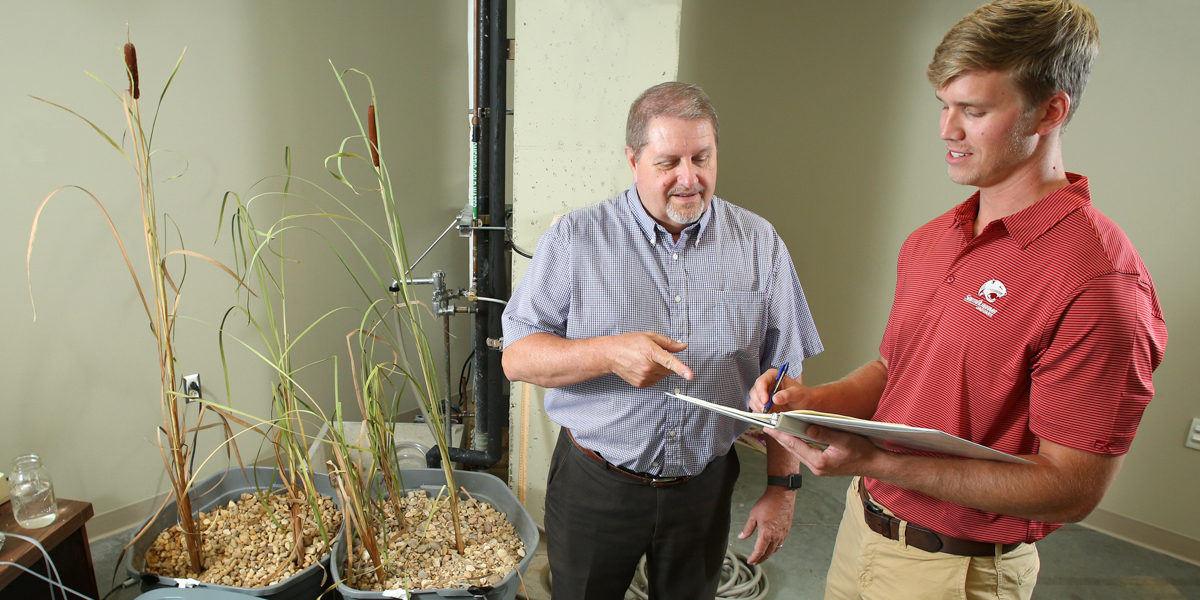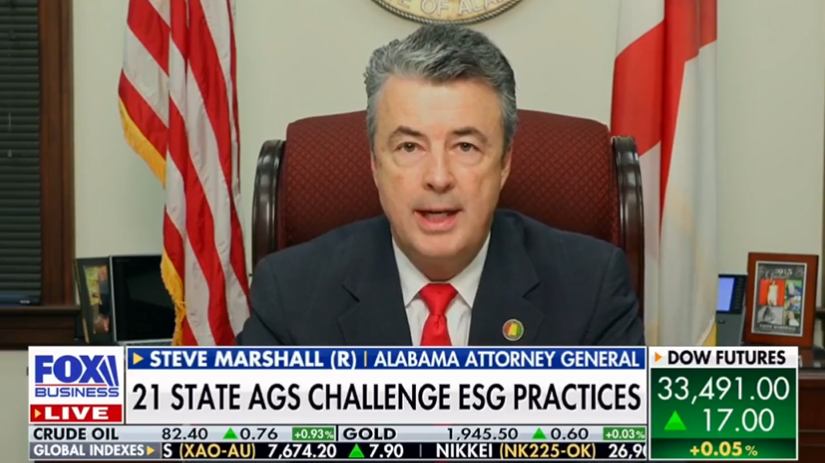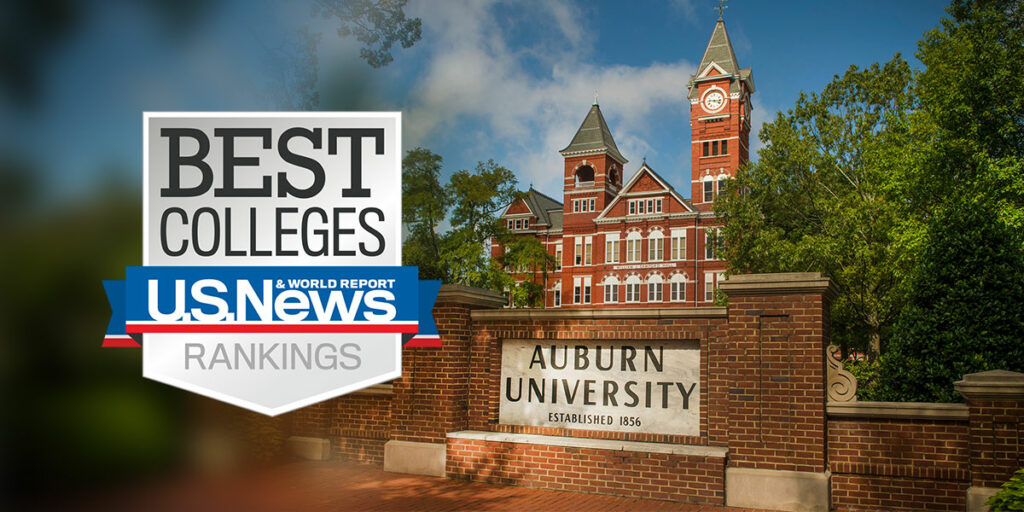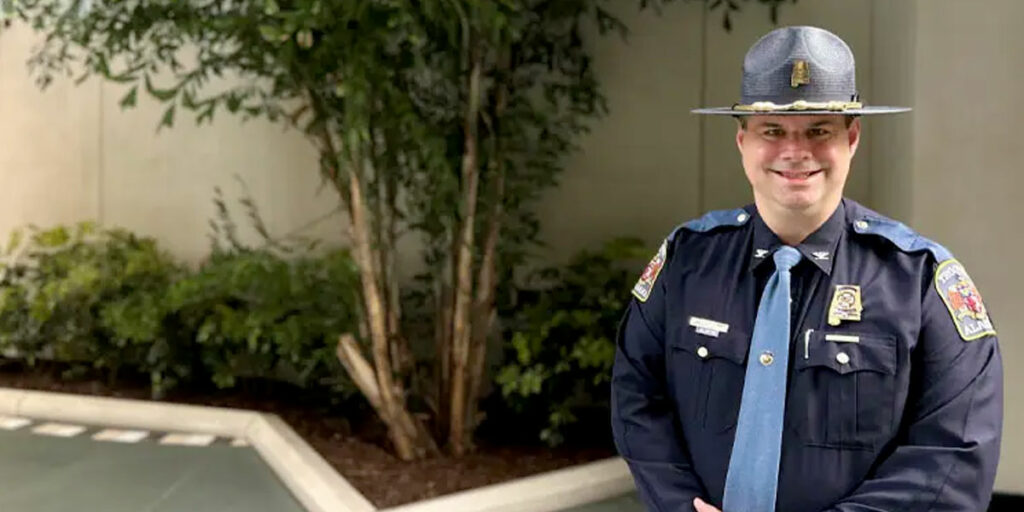For years – 13, to be exact – Dr. Kevin White has been on a mission to improve wastewater management infrastructure in portions of rural Alabama. He’s discovered that, in some areas, more than half of the households have raw sewage in their yards, the result of either a failed septic system or having no system at all.
“The lack of proper wastewater management is both a health issue and an economic development issue,” White said. “Business and industry certainly will not locate to an area without functioning wastewater infrastructure.”
After years of research and testing, he’s ready to take the next step. Actually, several steps.
With support from a three-year grant from the Environmental Protection Agency, White, professor and chair of civil, coastal and environmental engineering at the University of South Alabama, has an ambitious agenda to significantly improve wastewater – and thus, public health – conditions for rural communities who need help. Chief among his goals is developing a guide for citizens who want to fix the unsanitary conditions; a guide based on his research findings and experience.
“For these rural communities, many of them poor and without resources and technical knowledge, the questions they have are, ‘Where can we get funding? What technologies should we use? How do we manage it? What are the regulations?’” White explained. “These communities want to help themselves, but it’s a real challenge to know where to start first, what to do next, and so on. And while private engineering companies are available to assist, few specialize in all of the areas needed to provide cost-effective wastewater infrastructure for these rural areas.”
The $755,761 grant came about largely because of a summary paper White and co-author Dr. Mark Elliott, assistant professor in the University of Alabama department of civil, construction and environmental engineering, submitted last year to numerous government officials and agencies, including the EPA.
Beyond the guide, the grant will also support White’s efforts to test and demonstrate the effectiveness of innovative and sustainable wastewater treatment options in rural areas.
He’s focusing on five counties – Dallas, Hale, Lowndes, Perry and Wilcox – that suffer from high levels of poverty and impermeable soils unsuitable for traditional septic systems. These conditions have resulted in failed septic systems and widespread raw sewage discharge to the ground surface.
“We are committed to implementing cost-effective, onsite wastewater treatment solutions in these areas,” White said. “We’ll focus on individual households for now; clusters of 15-t0-50 homes will come later if we’re successful.”
White also wants to explore alternative regulatory strategies that could provide more wastewater management options for households and communities with the most challenging soil and poverty conditions. “We want to provide some experimental treatment systems and test their viability,” White elaborated. “This may lead to changes where traditional methods don’t work.”
Civil engineering graduate student Brandon Maliniemi, who also earned his bachelor’s at USA, said he chose to attend grad school at South because of the opportunity to work on the EPA project with White. He’s assisting White in identifying funding options, management options and appropriate wastewater treatment technologies. “As the project progresses, we will be installing and testing the selected technologies to verify their effectiveness,” Maliniemi said, who added that he has a personal interest in the project’s success.
“Personally, the project is gratifying. I am thankful to have the opportunity to provide value to underserved communities in Alabama. A major reason why I chose civil engineering is the public service aspect, and this project allows me to help the community.” After graduating, Maliniemi said he intends to continue work in the water/wastewater engineering sector.
The final step in the process may provide the greatest help to the most people. It’ll be the creation of the how-to guide for local governments, utilities and residents in the affected counties.
“Some of these counties are so small, rural and isolated that they just don’t have the resources or information to make useful changes,” White said. “Once they have a blueprint they can follow, that’s an important step toward clean water, better health and opportunities for economic development.”













